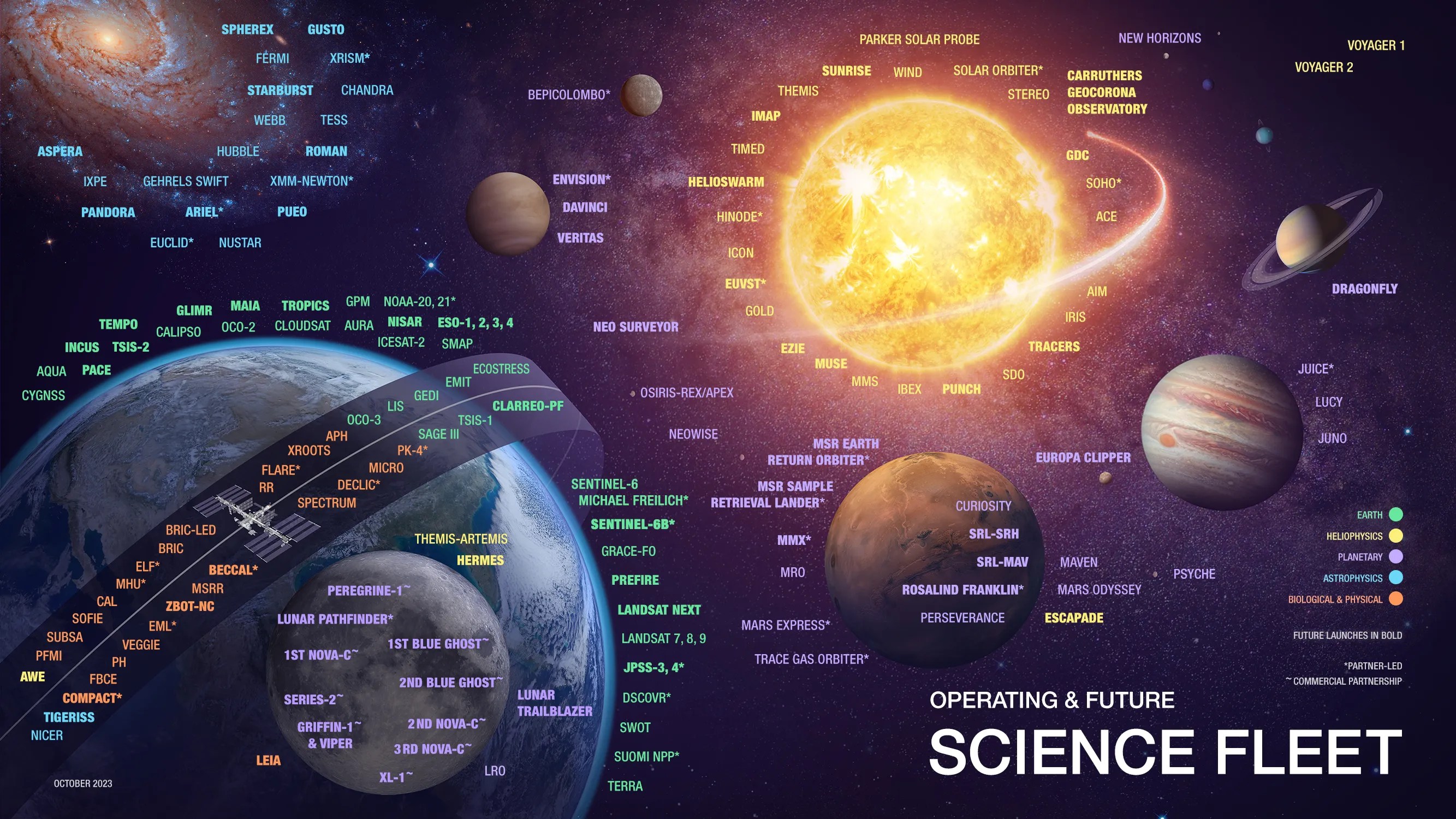What do you do if you’re a diehard science lover who dreams of one day donning a lab coat professionally, but you’re struggling with the work at school? That is Caitlin’s predicament—but that’s not how Bill Nye sees it. Your school classes may not come naturally to you, but that’s because science is a skill, not a talent. No one is born a scientist, it is something you become over time with hard work, and if perhaps biology isn’t hitting home with you, you may find your groove in astronomy. Physics isn’t for everyone, but chemistry might be your match. The point is, there is a kind of science for everyone. So to change the world as a scientist, here’s what you have to do: #1. Don’t give up before it’s begun. #2. Study hard and get to college. #3. Practice science as a way of thinking (and algebra specifically) to develop abstract thinking skills. #4. Find the field in which you belong, and start to chip away at change. Bill Nye’s most recent book is Unstoppable: Harnessing Science to Change the World.
Bill Nye, scientist, engineer, comedian, author, and inventor, is a man with a mission: to help foster a scientifically literate society, to help people everywhere understand and appreciate the science[…]
High school junior Caitlin is worried. She wants to be a scientist but is struggling with it a little bit in school—is there hope for her career?
▸
2 min
—
with
Sign up for Big Think on Substack
The most surprising and impactful new stories delivered to your inbox every week, for free.
▸
6 min
—
with
Related
Can one person save the world? This week, Bill Nye finds hope in middle-school student Victoria, who asks what she can do to pull her weight in our current environmental crisis.
▸
4 min
—
with
Einstein is credited with saying, “If the facts don’t fit the theory, change the facts.” What he actually said has a very different meaning.
Over the first half of 2025, the US has cut science as never before. This disaster for American science may be a gift to the rest of the world.
Here in 2025, many of us claim to come to our own conclusions by doing our own research. Here’s why we’re mostly deluding ourselves.
John Green opens up about his struggle to remain hopeful while writing about suffering and injustice.







